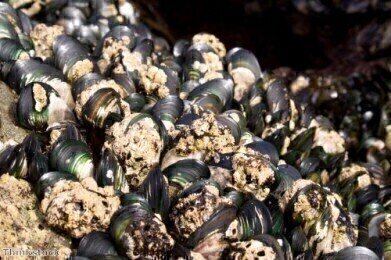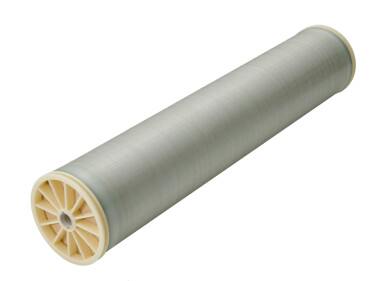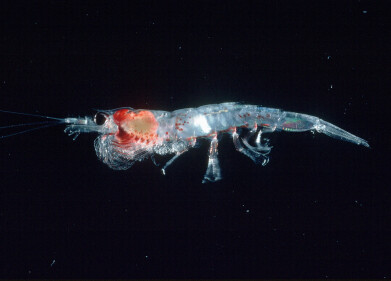-
 Mussels help to filter freshwater, resulting in higher water quality
Mussels help to filter freshwater, resulting in higher water quality
Water/Wastewater
Mussel sensors help measure water quality
Dec 31 2013
Electronic "backpacks" attached to mussels are being used by researchers to investigate water quality. Scientists from the University of Iowa are connecting electronic sensors to the shellfish living in rivers and streams throughout the state in a bid to understand how water quality alters, reports The Gazette.
Researchers have developed small electronic sensors that can be glued to the shells of mussels without affecting their movements. The backpacks are the first of their kind to be wireless, allowing the researchers to release the mussels and measure their movements from afar. As the mussels pull themselves along, they transmit data to the laboratory.
According to Craig Just, engineering professor at the University of Iowa, the data that is being collected correctly measures the opening and closing of the mussel shell. This enables researchers to measure how much algae the mussels are filtering out of the water, he told the news provider.
Mussels feed on algae, bacteria and protozoa that are found in fresh water. As they feed they filter the water, meaning areas that have a large mussel population generally have a higher level of water quality.
Despite the good that freshwater mussels do to the state's water quality, their populations have been largely diminished by industrial action, such as the building of dams and dredging of waters. High levels of water pollution have also affected populations. The researchers hope the data they are collecting from the mussel sensors will help toward the argument for the restoration of more mussel habitats.
The researchers are currently focusing on collecting data from plain pocketbook mussels, which can live for up to 50 years and are a larger species, measuring to the size of a human hand. Currently the mussels are being kept in tanks that are filled with water taken straight from the Iowa River, which represents a natural environment.
Ultimately the research will involve the mussels being released into the wild, but kept in enclosures within streams and rivers so that the sensors can be replaced once their batteries die. This will stop electronic litter making its way into the environment.
Events
Carrefour des Gestions Locales de L'eau
Jan 22 2025 Rennes, France
Jan 29 2025 Tokyo, Japan
Feb 05 2025 Nantes, France
Feb 16 2025 Kampala, Uganda
Feb 26 2025 Chennai, India



-as-feedstock.jpg)





